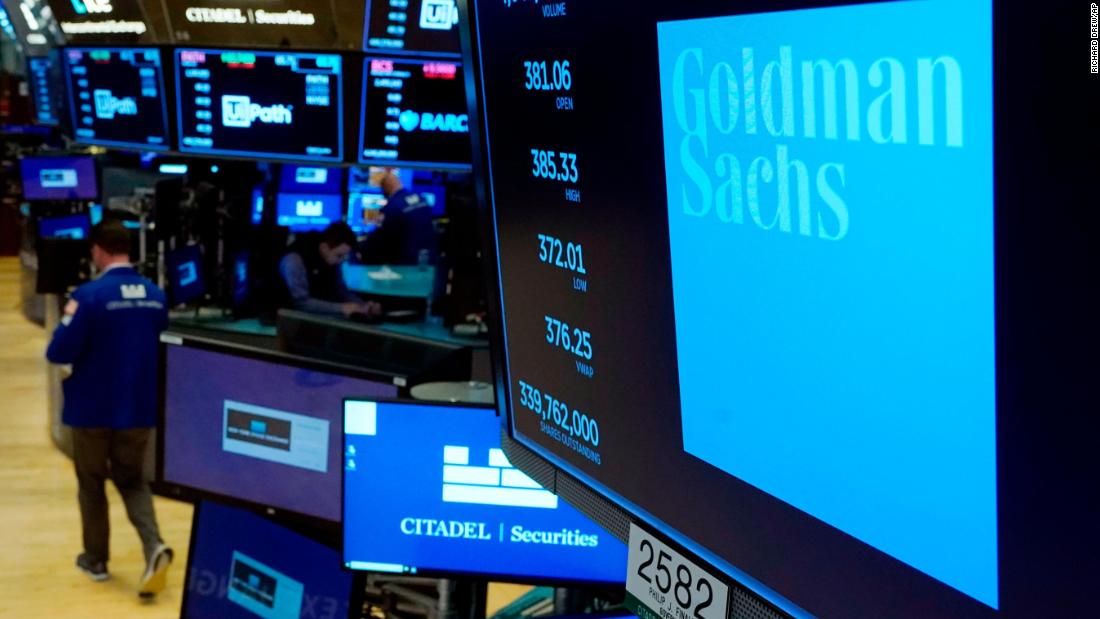Elon Musk’s recent obsession with UK politics is being fuelled by a series of popular accounts on his social media platform X, which the billionaire appears to be turning to for information on the grooming gangs scandal and Sir Keir Starmer’s track record as a prosecutor.
An analysis of the entrepreneur’s feed by the Financial Times found that Musk — whose attacks on the British prime minister and senior politicians have become more scathing over the past week — has amplified or responded to a handful of X accounts that have posted extensively about the handling of historic sex crimes in the country.
They include Viségrad 24 — an account with more than 1.2mn followers run by British-born Stefan Tompson — social media personality Mario Nawfal, and Malaysian influencer Ian Miles Cheong, alongside several less popular right-leaning accounts purportedly based in the UK.

Posts by the accounts that Musk has engaged with blamed the “British political elite” for covering up the scandal, and referred to “horrific failures” by prosecutors, alleging they “turned a blind eye to the raping of children”.
The accounts cited snippets from reports by British newspapers, and summarised findings from previous inquiries into the matter, mostly without linking to the source material or providing further context.
They also highlighted isolated passages from a book called Easy Meat: Multiculturalism, Islam And Child Sex Slavery, without naming the publication. One post linked to testimony by Telford survivor Samantha Smith saying she was asked by the British police if she consented to sexual activity, even though she was a five-year-old when first abused.
The posts seem to have encouraged Musk — who has more than 211mn followers on X and has used his online pulpit to support conservative cultural stances — to step up his attacks on Starmer and UK safeguarding minister Jess Phillips over the past week, alleging they failed to hold leaders of sexual grooming gangs in England to account because the perpetrators were of Pakistani heritage.

Musk’s posts have rocketed the grooming scandal to the top of the news agenda in the UK and led to renewed calls for action, with Conservative MPs attempting to force a vote on whether to hold a new inquiry. Professor Alexis Jay, chair of the original inquiry, has been drawn in, saying it would be better to implement the measures already recommended.
Musk, the world’s richest man, did not immediately respond to a request for comment.
On Saturday, Nawfal posted that Phillips “nixed a broader investigation into Oldham’s rape gangs”, to which Musk responded calling her a “wicked witch”. He also replied to an earlier post by the influencer — who frequently jumps on significant news developments and with whom Musk has long engaged — that claimed “cultural sensitivities” were prioritised over pursuing justice, calling the alleged cover-up “unconscionable”.
In the past week, Musk has reposted Nawfal almost 40 times. The 53-year-old billionaire has posted or reposted 616 times on X during the same period, at least 225 of which were about UK politics, according to FT analysis as of Wednesday morning. Including replies, he has posted more than 1180 times in seven days.
Musk, who spent more than $250mn supporting Donald Trump’s campaign, has been an almost constant presence at the president-elect’s Mar-a-Lago home over the past two months, from where he has joined calls with world leaders and criticised the governments of Germany and Canada.
He has claimed that Starmer, a former director of public prosecutions in England and Wales, was “deeply complicit in the mass rapes in exchange for votes”.
He also called for the King to dissolve parliament and call new elections.
One person who interacted with Musk this week said he had not been relying on conversations with a UK source for his information, but preferred to do his own research online. Others formerly close to the billionaire said that they believed his outrage was largely driven by posts from social media accounts that Musk does not directly follow, but that appear on his algorithmically curated “for you” feed on X.
Questions about which individuals or organisations are colouring Musk’s take on the UK government have also preoccupied some British officials.
Several believe that a small cast of conservative-leaning British commentators and analysts based in the US are shaping views about the UK among the wider milieu of Trump’s allies.
“There is a pretty right-wing libertarian UK émigré network in the US who are feeding a lot of this,” said one British government official, adding that they were free speech advocates linked to right-wing US think tanks that are projecting an image of the UK as “uber woke”.

The officials said they include Douglas Murray, a neoconservative author who has written books on western decline and “Islamophilia,” who Musk has referred to in tweets on the grooming scandal, and Nile Gardiner, director of the Margaret Thatcher Center for Freedom at the DC-based Heritage Foundation.
A second UK official said that the growth of Islam in the UK was another key theme pushed by influential US-based British commentators, highlighting that UK media stories last month about “Muhammad” becoming the most popular boy’s name in England and Wales were shared widely among Maga figures on X and other social media sites.
In the past week, Musk has also amplified posts on the grooming scandal by former prime minister Liz Truss, former Labour MP Kate Hoey, former Reform politician Ben Habib and people linked to broadcaster GB News. He has amplified several posts by Reform MP Rupert Lowe, who he has suggested should replace Nigel Farage as the head of the party.
But Musk has also endorsed posts from smaller accounts, including some supporters of far-right figure Tommy Robinson, which have claimed that Starmer “has no sympathy whatsoever for the English working class”, among other allegations. None of the accounts appear to be followed by Musk.

X allows users to switch between a feed of the accounts they follow only, and an algorithmic feed, dubbed “For You”, showing content that might match their interests and previous activity. The more Musk engages with content about the UK from the far right or niche sources, the more he will be served similar content in his “For You” page, according to experts.
“Musk has seemingly become the first tech leader to fall down the rabbit hole of radicalisation by his own product,” said Bruce Daisley, former head of Twitter’s operations in Europe, the Middle East and Africa.
He said that TikTok, which also has a version of the algorithmically curated “For You” page, “is far more optimised for fun, surprise and amusement”. Meanwhile Musk “simultaneously says ‘let’s post more positive stuff’ then retweets extremists from Britain First and Tommy Robinson,” he added.
Dr Jen Golbeck, a professor at the University of Maryland, College Park, who focuses on social media and extremism, said the ease with which users can pay for X’s subscription service, and consequently be featured more prominently in its users’ feeds, has played a major role in amplifying accounts that post inaccurate information.
“On the algorithmic side, I think a really important feature is the boosting of the blue checks,” she said, referring to the X users with a subscription to X Premium, signified by a blue tick on their profiles. The change to the X verification process by Musk meant that he was more likely to see posts from people who “share his increasingly radical ideology”, Golbeck added.
On Tuesday, Musk said that he had a personal reason to be interested in the UK, posting that his British grandmother, Cora Amelia Robinson, “grew up very poor in England” and was important to him as a child.
“My Nana was one of the poor working-class girls with no one to protect her who might have been abducted in present day Britain,” Musk claimed.


































